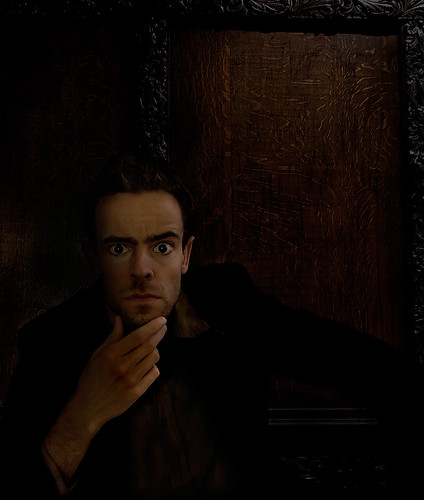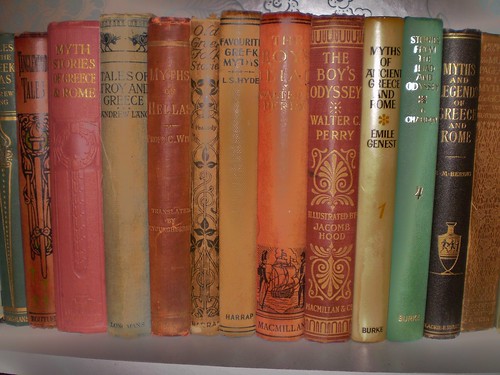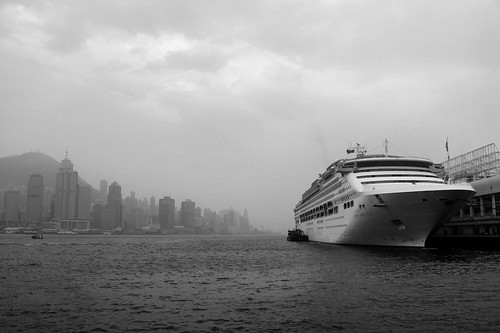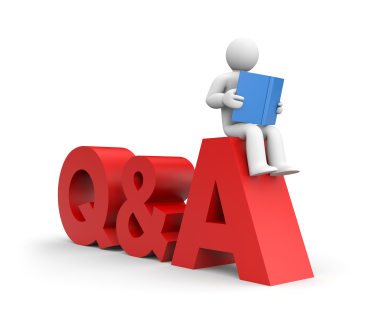Q&A with author Jac Wright
JV: I see that the main character of
The Reckless Engineer, Jeremy Stone, has an educational background similar to
your own. How much of the character is modeled after you?
Jac Wright: Great question. A lot of Jeremy’s character is modeled after
me and my good friend, but even more is modeled after what I should like to
be. Jeremy lives the ideal life I should
like to live and I live it through him.
JV: You’re an engineer, like your
main character. If I don’t understand the first thing about engineering, will I
still be able to enjoy and understand the book?
Jac Wright: Of course you will. You will understand and enjoy the books just
like you would enjoy the engineer Barney’s role in the old Mission Impossible series;
like you would enjoy Indiana Jones movies without knowing much about
archeology; and like you would enjoy Star Trek without being a physicist. Everything is detailed in terms that a
non-engineer would understand. The thing
you would enjoy is his courageous and adventurous nature. Engineers are very good inventors and problem
solvers. You will therefore enjoy his
versatility and resourcefulness like that of MacGuyver, and his ingenious skills
and problem solving abilities.
JV: Your books contain a lot of drama
and conflict. When you want drama, which authors or TV shows do you turn to?
Jac Wright: I grew up watching Tales of the
Unexpected which is based on Roald Dahl’s adult books, the old Mission
Impossible series, the Perry Mason series, and MacGuyver. My father and I had our favourite seats in
front of the TV for the shows every week. At one time, I used to read Roald Dahl and Erle Stanley Garner as if I
were possessed.
I also love more modern series
like Columbo, Monk, Dexter, The Good Wife, and the new BBC drama Death in
Paradise. As you can see, they are mostly
suspense and legal drama, like my books.
The authors I adore are
Patricia Highsmith, Roald Dahl, and Charles Dickens. Secondly I also like Ian Rankin, Benjamin
Black, and Michael Connelly.
JV: You’re also a published poet.
What inspired you to start writing full-length novels?
Jac Wright: I studied poetry, drama, and
literature for 14 years at weekend Speech & Drama school my mother enrolled
me in when I was 3. Poetry was the first thing I wrote that was not for some
coursework; and I started writing poetry when I was at university at Stanford
and kept writing over the years. I called the collection "Shades of Love.
" Later on I started adding short stories to
the collection.
I have about half a
dozen short stories written ,which I separated out to a new series under the
title "
Summerset Tales."
It just occurred to me that I
should write a full-length series about 2007.
One requires some level of maturity and life experience to write with
impact, and I felt I was ready about this time.
I knew I wanted the series lead to be an electrical engineer like me,
and I knew I wanted the series to be suspense-driven psychological thrillers.
Then I knew I wanted the first
story to be based in Portsmouth, Charles Dickens’ birthplace, as a tribute to
the author whose works taught me how to tell a tale early in life. I have loved English literature since I my mother enrolled me
in weekend Speech & Drama classes when I was 3 years old. My mother had this rack full of books like The Pickwick Papers, The Tale of Two Cities,
David Copperfield, Lorna Doone, The Animal Farm, etc. stacked on it along
with piles of Readers’ Digests. She
used to read to me from them when I was too young to read; and soon I was
reading them myself. That sparked my
interest as a reader and a spectator very early and Dickens’ stories were a
large part of those childhood tales.
That was how The Reckless
Engineer series was born.
JV: Your publisher, Soul Mate,
specializes in romantic fiction. Do you consider The Reckless Engineer to be
primarily a romance?
Jac Wright: Soul Mate Publishing is expanding
out to other genres.
There are romantic
undercurrents in
The Reckless Engineer, but it is primarily suspense fiction.
The Reckless Engineer and
The Closet each
examines a lead protagonist who is driven by romantic love and passion; each
tale examines how it can blind the protagonist and how much trouble it can get him
into.
Hence, both stories are strongly
romance-driven.
JV: How did you find Soul Mate
Publishing, and did you ever consider self-publishing?
Jac Wright: Once the manuscript for The
Reckless Engineer was finished, I had to send out about 60 letters enclosing
the first fifty pages of the manuscript and a SASE (a self-addressed stamped
envelope) in each. Then it was a long
process of answering responses to the queries and protracted negotiations. It was not a difficult process, but it was
lengthy and time-consuming. I got offers
from 6 publishers and I know I have picked the best because of the instant rapport
I felt with my editor.
JV: How much impact did your agent
and/or publishers have on The Reckless Engineer series?
Jac Wright: The main story was already
written and the plot and characters have remained the same in essence. However, there was about a 2 month long
editing period with my editor, Debby Gilbert, from Soul Mate Publishing. That process transformed the story by adding
depth to it. Debbie guided me to add
more visceral emotion and scenes that engaged all the senses, and not purely
vision. One editing note she put on the
manuscript has stuck to my mind. She had crossed out the last sentence in a
chapter and had edited the one before, adding the note: "You never and a
chapter on your protagonist going to sleep.
It is a cue to the reader that he or she can do so, too." That’s right, reader, we intend to keep you up
at the edge of your seats all night long.
JV: What’s your next project?
Jac Wright: Two more – The Bank Job
and Buy, Sell, Murder – are half-written.I have started the fifth, In Plain Sight, with just the plot and
the main characters designed and only the first chapter written. I hope to finish writing at least two of them
in 2014.

















 Jac Wright is a published poet, a published author, and an electronics engineer educated at Stanford, University College London, and Cambridge who lives and works in England. A published poet, Jac's first passion was for literary fiction and poetry as well as the dramatic arts.
Jac Wright is a published poet, a published author, and an electronics engineer educated at Stanford, University College London, and Cambridge who lives and works in England. A published poet, Jac's first passion was for literary fiction and poetry as well as the dramatic arts.









